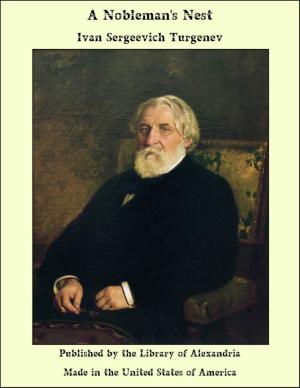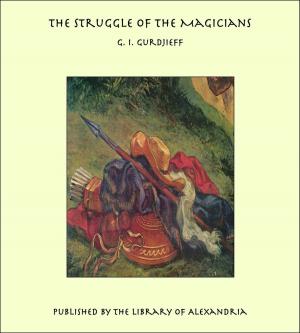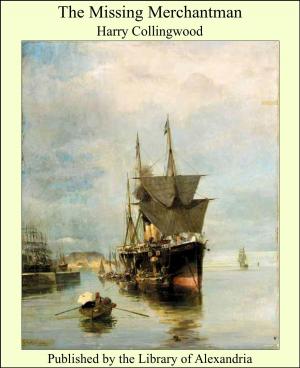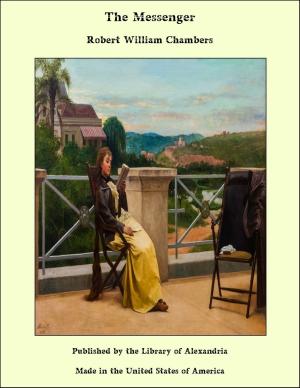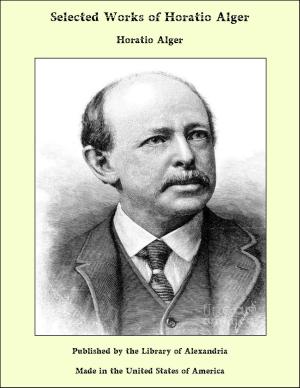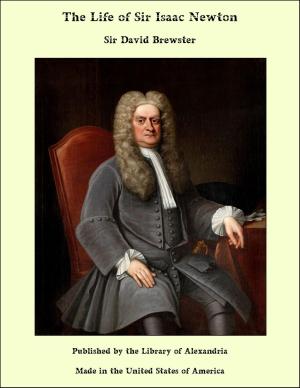Taking Tales: Instructive and Entertaining Reading
Nonfiction, Religion & Spirituality, New Age, History, Fiction & Literature| Author: | William Henry Giles Kingston | ISBN: | 9781465596116 |
| Publisher: | Library of Alexandria | Publication: | March 8, 2015 |
| Imprint: | Language: | English |
| Author: | William Henry Giles Kingston |
| ISBN: | 9781465596116 |
| Publisher: | Library of Alexandria |
| Publication: | March 8, 2015 |
| Imprint: | |
| Language: | English |
There are all sorts of mills: some go by water, undershot or overshot; but if the millpond is dry, or the stream runs low, they come to a standstill. They want help, they must have water, to go on. Next there are steam-mills, which make a great noise and do a great deal of work; but they want coals and water too: if both are not brought to them, they stop and can do nothing. And then there are wind-mills; but everybody knows that wind-mills, though they do stand on the tops of hills, in spite of their great long arms stuck out, are of no use if the wind does not blow. So a man may try to do a great deal of work; but if he tries to get on without the help of his neighbours, and without being willing to help them in return, he will soon find that he too has to come to a standstill. Yes, young or old, rich or poor, must all help each other. Once there came on earth a great Person, great though poor, a carpenter’s son. He only stayed a short time, but all that time He went about doing good to men, helping His fellows; and He died that He might help all men still more, and in a way no other person could have helped them. He came to die, because all men have sinned. He came also to show men how to live—how to act one towards another. Mark Page, the Miller of Hillbrook, owned a wind-mill on the top of a knoll just above the village. His house and sheds for his carts and horses stood below it, and round it were some fields which were his; so it will be seen that he was well to do in the world. He had a wife and a son and a daughter, and he ought to have been a happy man; but he was not. Things seemed never to go quite right with Mark. Either there was too much wind, or too little wind. If there was little wind he was sure to cry out for more, but once; and then he would have given his mill and his house and fields to have got the wind not to blow. About that I will tell by-and-by.
There are all sorts of mills: some go by water, undershot or overshot; but if the millpond is dry, or the stream runs low, they come to a standstill. They want help, they must have water, to go on. Next there are steam-mills, which make a great noise and do a great deal of work; but they want coals and water too: if both are not brought to them, they stop and can do nothing. And then there are wind-mills; but everybody knows that wind-mills, though they do stand on the tops of hills, in spite of their great long arms stuck out, are of no use if the wind does not blow. So a man may try to do a great deal of work; but if he tries to get on without the help of his neighbours, and without being willing to help them in return, he will soon find that he too has to come to a standstill. Yes, young or old, rich or poor, must all help each other. Once there came on earth a great Person, great though poor, a carpenter’s son. He only stayed a short time, but all that time He went about doing good to men, helping His fellows; and He died that He might help all men still more, and in a way no other person could have helped them. He came to die, because all men have sinned. He came also to show men how to live—how to act one towards another. Mark Page, the Miller of Hillbrook, owned a wind-mill on the top of a knoll just above the village. His house and sheds for his carts and horses stood below it, and round it were some fields which were his; so it will be seen that he was well to do in the world. He had a wife and a son and a daughter, and he ought to have been a happy man; but he was not. Things seemed never to go quite right with Mark. Either there was too much wind, or too little wind. If there was little wind he was sure to cry out for more, but once; and then he would have given his mill and his house and fields to have got the wind not to blow. About that I will tell by-and-by.



